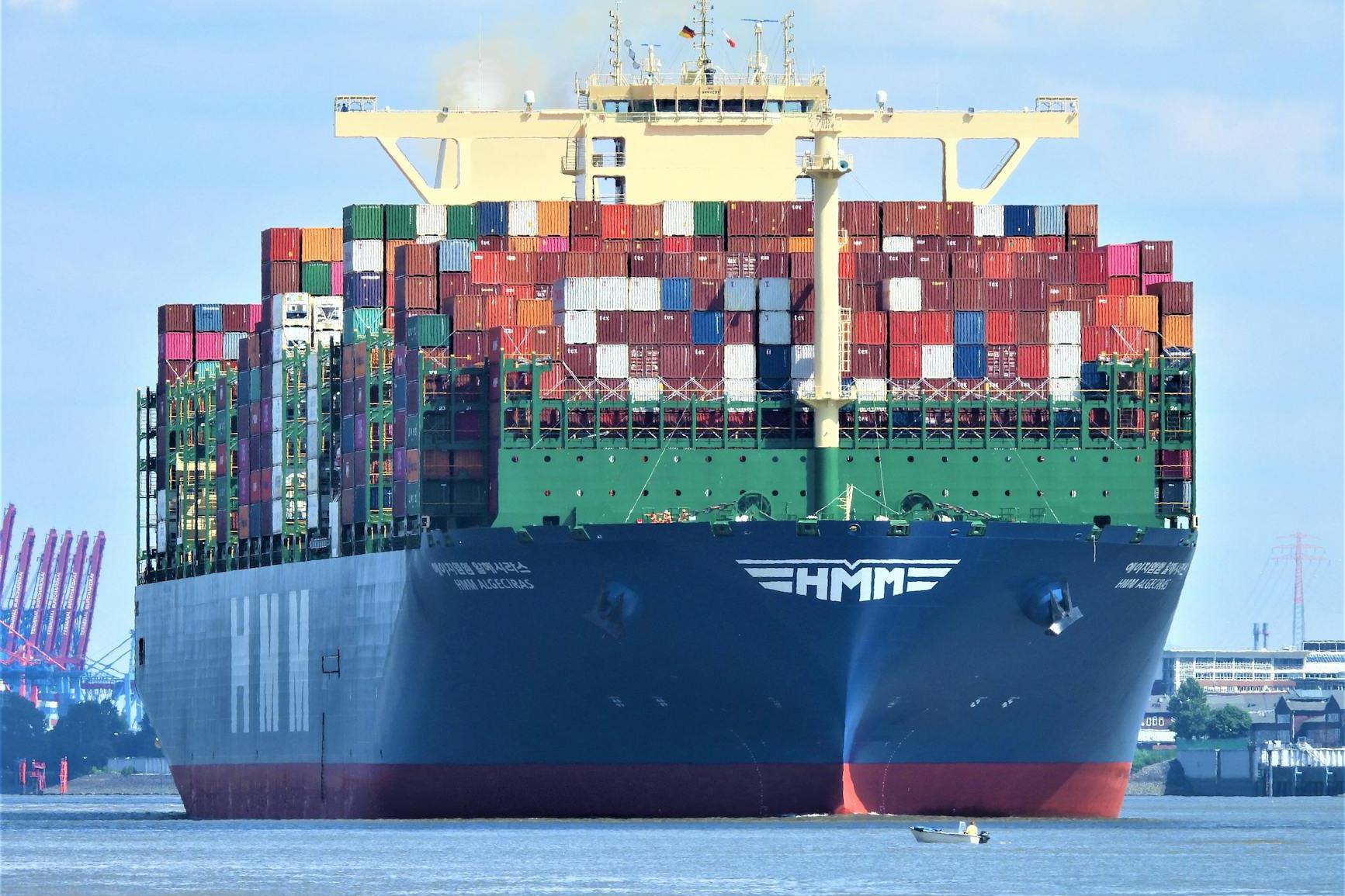The ID card of imported food: Why must overseas manufacturers complete registration?BAF(Bunker Adjustment Factor, BAF) fees often become a headache-inducing topic. Especially when...The CIFThe little annoyances behind sweet trade

As a foreign trade veteran, Ive handled countless batches of imported raw sugar from major producers like Brazil, Cuba, Thailand...
When traditional import models meet shipside direct pickup: An efficiency revolution
I remember 20 years ago when I first entered the industry, imported goods had to sleep at docks for 3-5 days before pickup. Now...
1. Growing media: Plants nutrient meal and comfort bed
In-depth analysis of BAF fuel surcharge responsibility under CIF terms, from theoretical basis to practical operations, providing actionable advice to avoid disputes and clarify buyer-seller responsibilities.
In international trade, especially for ocean exports to distant destinations like South America,
As a 20-year customs veteran, I often compare growing media to plants nutrient meal and comfort...
In the real world of trade, theory is just the starting point. What ultimately determines who pays the BAF is often how the contract is written and how the parties negotiate. For example, in some cases, BAF is treated as a local charge at the destination port, customarily paid by the consignee (i.e., the buyer). Particularly for certain shipping routes or ports, this practice has almost become an industry standard.
Theres another scenario that depends on how the seller phrased the initial quotation. If the quotation didnt specify whether BAF is prepaid (by seller) or collect (by buyer), the customer might think: You didnt clarify - this cost shouldnt be on me. Conversely, if the seller clearly stated freight includes BAF, then they must bear it themselves.
More realistically, the bargaining power in negotiations is crucial. If the buyer is a dominant large client, they might insist that the seller includes BAF in the price. But if the seller has high profit margins, they might sometimes be generous to close the deal, saying: Alright, Ill cover this cost!
Transit goods: The transfer station of cross-border logistics
Disputes over BAF fees ultimately stem from insufficient communication and unclear agreements. To make trade smoother, here are some practical tips:
- Specify clearly in the contract: When signing the contract, dont skip the trouble - clearly state who pays BAF, whether its seller prepaid or buyer collect. One sentence can save much hassle later.
- Be thorough in quotations: When quoting CIF prices, sellers should clarify whether freight includes BAF or directly note BAF as an additional charge to avoid misunderstandings.
- Understand port customs: Practices may differ across shipping routes and ports. Researching beforehand gives you stronger negotiation footing.
- Negotiate flexibly: If market fluctuations are significant or client demands are high, you can discuss based on actual circumstances to find mutually acceptable solutions.
On the international trade map, transit goods are like passing travelers - neither imported nor exported, just borrowing passage...
So, who should bear BAF costs under CIF terms? Theoretically, since sellers pay freight, BAF should follow and be borne by sellers. But in practice, it entirely depends on contract terms, bilateral negotiations, and industry customs. The key is for trading parties to clarify this upfront - dont wait until goods arrive at the destination port to start arguing.
In international trade, clear communication and explicit terms are the best protective charms. Next time you encounter BAF issues, invest more effort in contracts and quotations. This way, whether youre the seller or buyer, youll have fewer disputes and smoother transactions!


 Follow Customer Service WeChat
Follow Customer Service WeChat